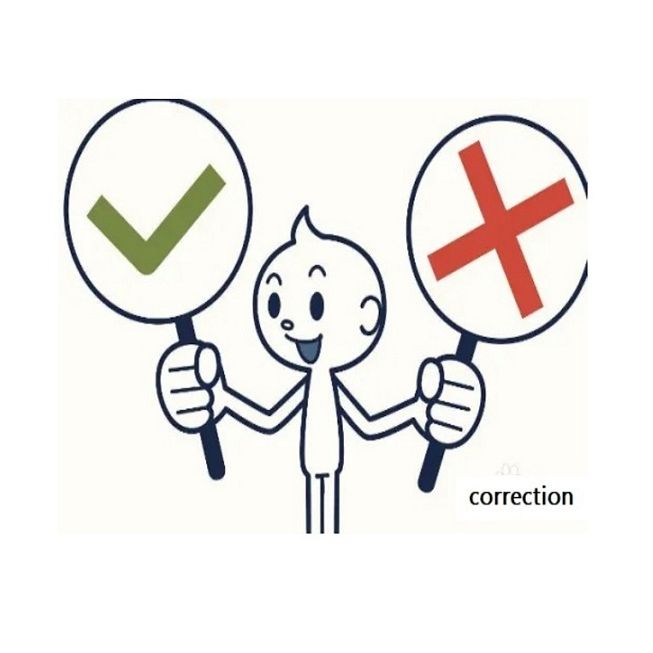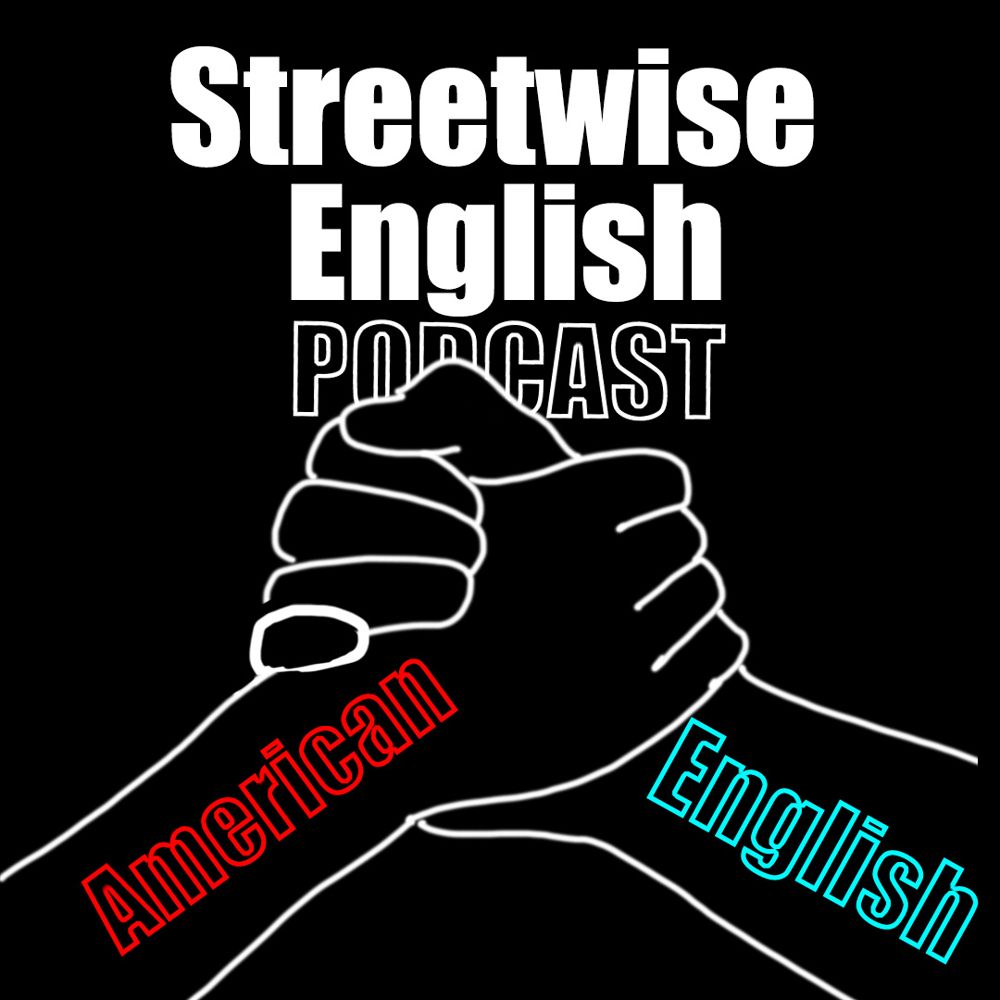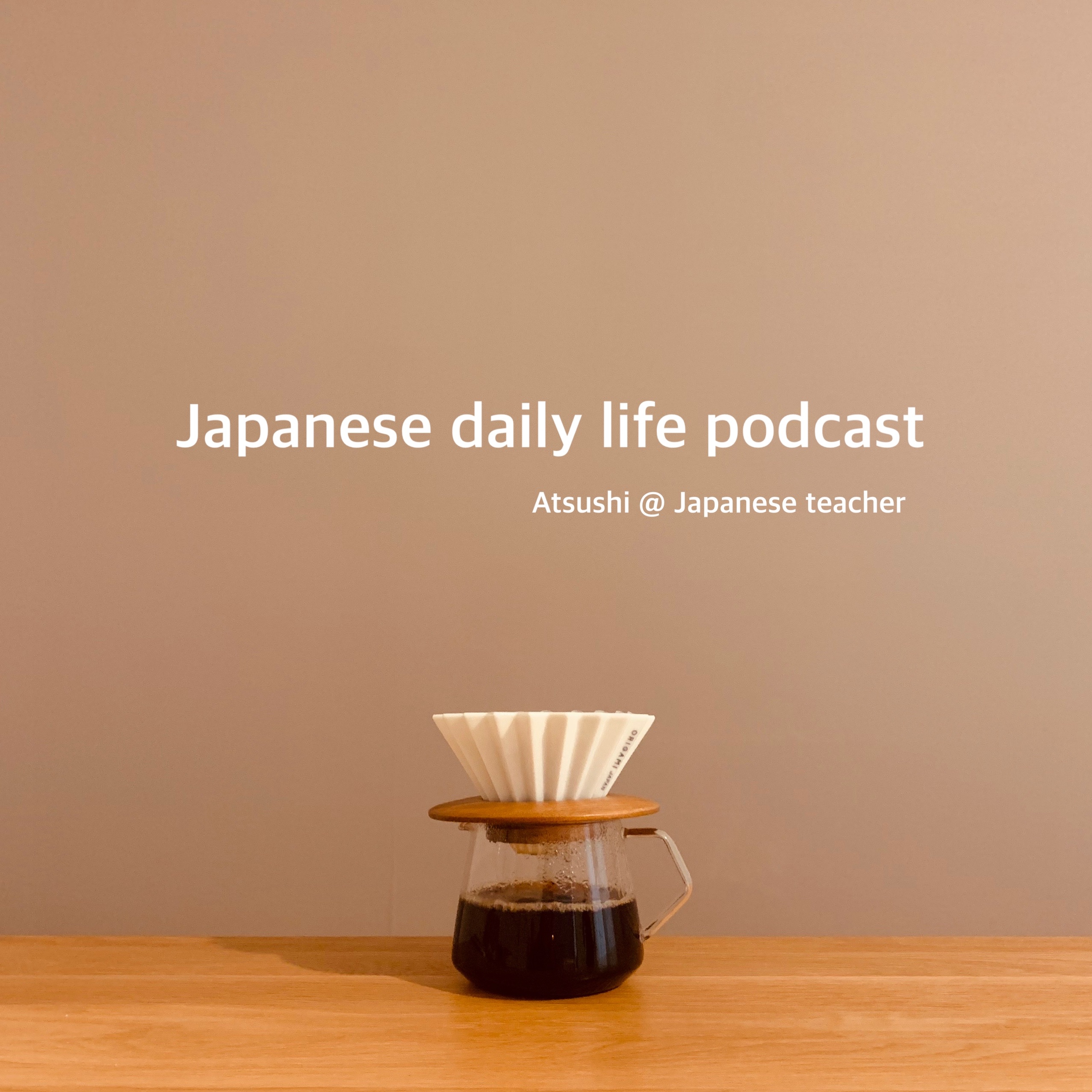Pesquise entre vários professores de Inglês...

会 (huì) VS 可以 (kěyǐ) VS 能 (néng)
Descrição
会 (huì) means "to be able to" or "to know how to." It is used to describe a specific skill or ability that someone has. For example:
我会说中文。 (Wǒ huì shuō Zhōngwén.) - I can speak Chinese.
可以 (kěyǐ) means "to be allowed to" or "to have permission to." It is used to describe whether someone is allowed or permitted to do something. For example:
你可以坐这里。 (Nǐ kěyǐ zuò zhèlǐ.) - You are allowed to sit here.
能 (néng) means "to be able to" or "to have the ability to." It is used to describe a general ability or capability that someone has. For example:
我能做这件事。 (Wǒ néng zuò zhè jiàn shì.) - I am able to do this.
In general, 会 is used to describe a specific skill or ability that someone has, while 可以 is used to describe whether someone is allowed or permitted to do something, and 能 is used to describe a general ability or capability that someone has.
Canal de Podcast
Difference between A and B in Chinese with Shanmei
Autor
Todos os episódios

Temporada 1 Episodio 8 Marketing

Un turista a Roma - Simuliamo!

Korean Conversation 2 - Lesson 8. Part 1 -으려고 하다/-려고 하다, Part 2 --아 보다/-어 보다/-여 보다 (Beginner 2)

语法语用

Guide to the TOEFL - Reading

ドイツ人はアイス好き?

SWE 133 Music as Medicine

11 今年のかきぞめの振り返り
Episódios populares

De todo un poco
Temporada 1 Episodio 8 Marketing

Daniele's Italian stuff!
Un turista a Roma - Simuliamo!

Korean Listening Class 한국어 문장 듣기 - Korean teacher, Grace
Korean Conversation 2 - Lesson 8. Part 1 -으려고 하다/-려고 하다, Part 2 --아 보다/-어 보다/-여 보다 (Beginner 2)

Correction notebook 错题本 (Mandarin)
语法语用

For the Love of Language and Writing
Guide to the TOEFL - Reading

Nihongo Short Story by Noriko
ドイツ人はアイス好き?

Streetwise English
SWE 133 Music as Medicine

Atsushi のJapanese podcast (travel/news /文法・漢字・語彙/Osaka/Hokkaido/🇹🇷🇬🇪🇦🇲🇪🇸🇵🇹)
11 今年のかきぞめの振り返り